We're loading the full news article for you. This includes the article content, images, author information, and related articles.
The Orange Democratic Movement (ODM) faces internal tensions and succession challenges following the death of its long-serving party leader, Raila Odinga, raising questions about its future trajectory ahead of the 2027 General Election.

The Orange Democratic Movement (ODM) is experiencing significant internal tensions and succession debates, even as calls for unity echo across the party following the passing of its patriarch, Raila Odinga, on Wednesday, October 15, 2025. Odinga, who died in Kochi, India, at the age of 80 due to cardiac arrest, was laid to rest on Sunday, October 19, 2025, in Bondo, Siaya County. His death has cast a spotlight on the 20-year-old party's future, particularly concerning its leadership and political direction.
During Odinga's funeral service in Bondo, speeches from various ODM leaders highlighted the emerging divisions. While some senior party members advocate for continued collaboration with President William Ruto's administration under a broad-based government framework, a youthful faction expresses strong reservations, viewing such an alliance as a betrayal of ODM's foundational reformist ideals.
The ODM was founded in 2005 as a grassroots movement opposing proposed constitutional changes, symbolised by the 'Orange' in the referendum. It was formally registered as a political party in 2006, consolidating a coalition under Raila Odinga's leadership. Over two decades, ODM has been a dominant force in Kenyan politics, championing constitutional reforms, social justice, and equitable development.
The current internal rifts are exacerbated by a political pact signed earlier this year between the late Odinga and President William Ruto. This agreement led to the appointment of several ODM members to cabinet positions within the broad-based government, including John Mbadi as National Treasury and Planning Cabinet Secretary, Hassan Joho as Mining Cabinet Secretary, and Wycliffe Oparanya as Cooperative and MSME Cabinet Secretary. This alignment has been a point of contention, with some party officials, like Secretary-General Edwin Sifuna, publicly rejecting the idea of backing Ruto's re-election bid in 2027 and insisting that ODM must field its own presidential candidate.
The internal wrangles within ODM could have significant implications for governance and political stability in Kenya. President Ruto has pledged to protect ODM from internal fragmentation, vowing to honour Odinga's legacy by ensuring the party remains strong and independent within the broad-based government. However, the debate over the party's future direction, particularly regarding its relationship with the ruling Kenya Kwanza coalition, underscores the challenges of maintaining party cohesion in a fluid political landscape.
ODM Chairperson and Homa Bay Governor Gladys Wanga stated that Odinga's final wish was for the party to remain united and continue its participation in the broad-based government. This sentiment was echoed by Kisumu Woman Representative Ruth Odinga, who affirmed that her late brother desired a strong, united ODM. Conversely, ODM Secretary-General Edwin Sifuna has vowed to uphold Odinga's legacy by ensuring the party contests the 2027 elections independently, warning against divisive narratives.
Further complicating matters are ongoing disputes at the grassroots level. The Political Parties Disputes Tribunal (PPDT) recently issued a restraining order concerning ODM's primaries in the Uriri constituency, Migori County, highlighting allegations of electoral malpractice and factionalism. This legal intervention has temporarily halted activities by certain branch officials, underscoring the fragility of the party's internal democracy.
The internal divisions pose a significant risk to ODM's standing as a major political force, potentially weakening its mobilisation efforts ahead of the 2027 General Election. A fractured party could struggle to present a united front, impacting its ability to contest effectively and maintain its influence in Parliament and local governments.
A key uncertainty revolves around who will assume the mantle of leadership within ODM and how the party will reconcile the differing visions for its future. The debate between maintaining an independent opposition stance and embracing a collaborative role within the government remains unresolved. The extent to which the party can navigate these ideological rifts without further fragmentation will be crucial in the coming months.
Observers will be closely watching the upcoming ODM 20th-anniversary celebrations in Mombasa, now slated for November 14-16, 2025, for any indications of a unified direction or further signs of internal discord. The party's handling of grassroots disputes, such as the ongoing case in Uriri, will also be a critical indicator of its ability to resolve internal conflicts and strengthen its democratic processes. The eventual selection of a new party leader and the articulation of a clear political strategy for the 2027 General Election will be paramount in defining ODM's post-Odinga era.
Keep the conversation in one place—threads here stay linked to the story and in the forums.
Sign in to start a discussion
Start a conversation about this story and keep it linked here.
Other hot threads
E-sports and Gaming Community in Kenya
Active 9 months ago
The Role of Technology in Modern Agriculture (AgriTech)
Active 9 months ago
Popular Recreational Activities Across Counties
Active 9 months ago
Investing in Youth Sports Development Programs
Active 9 months ago
Key figures and persons of interest featured in this article
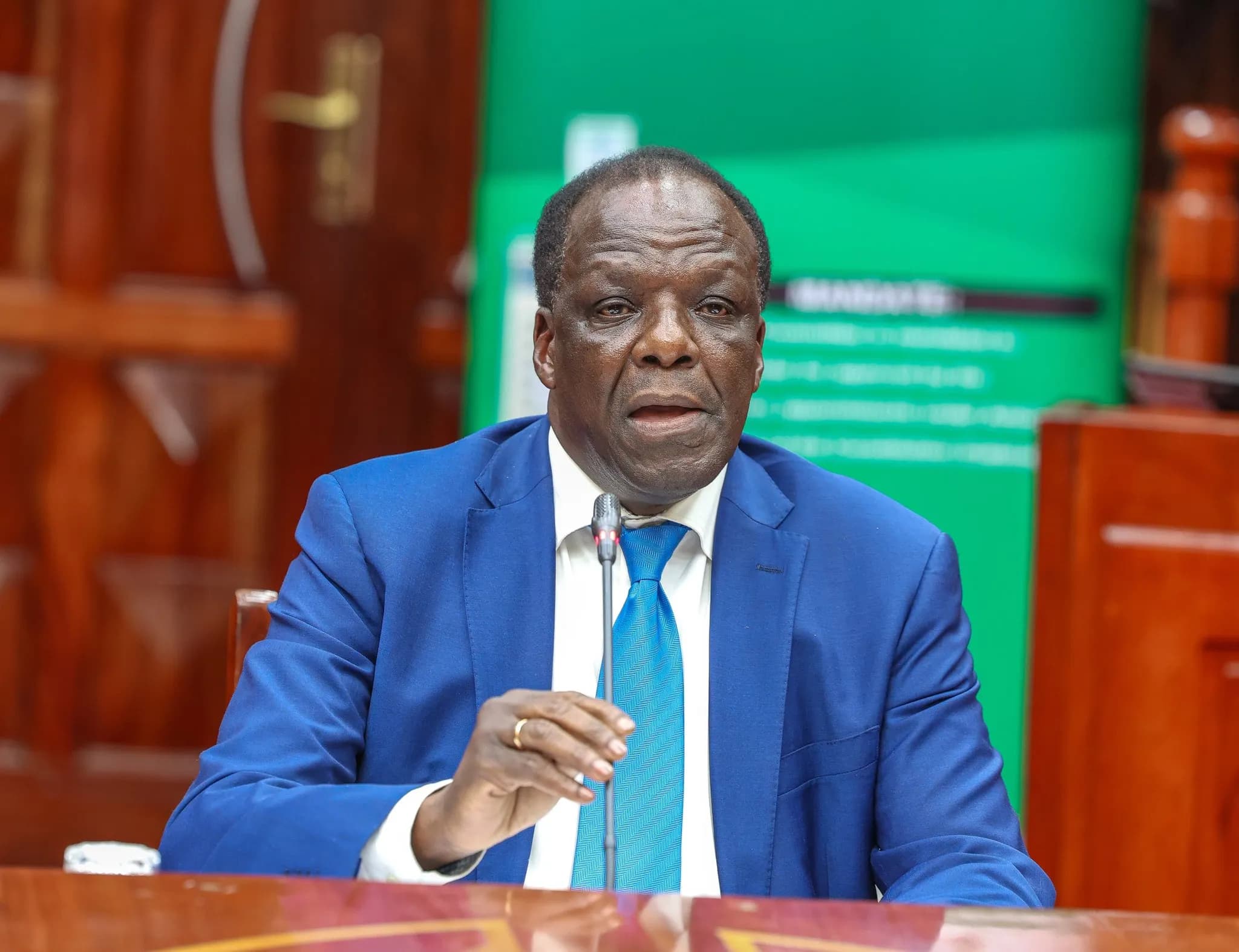
Cabinet Secretary for Cooperatives and MSME Development
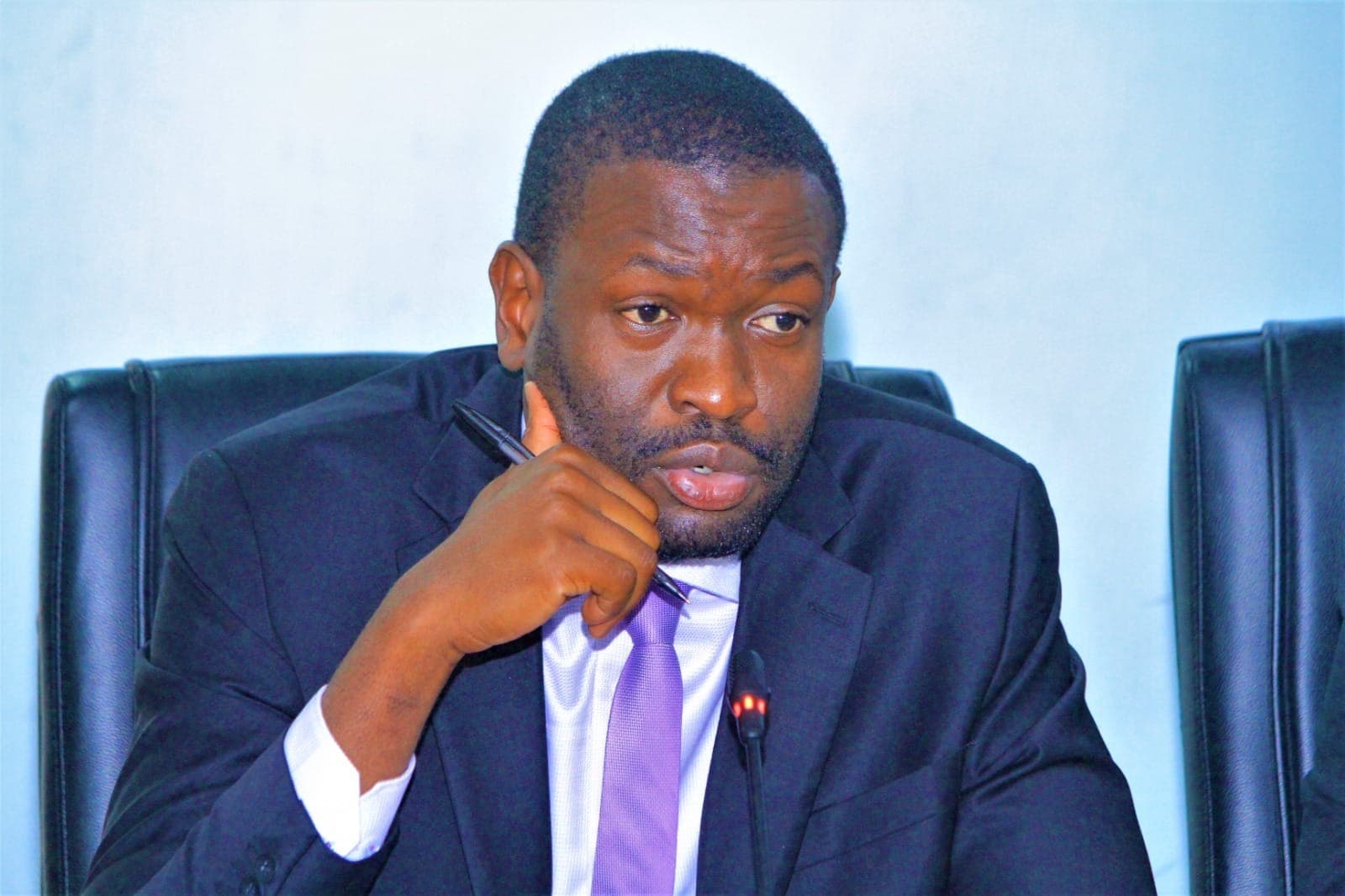
Senator for Nairobi County
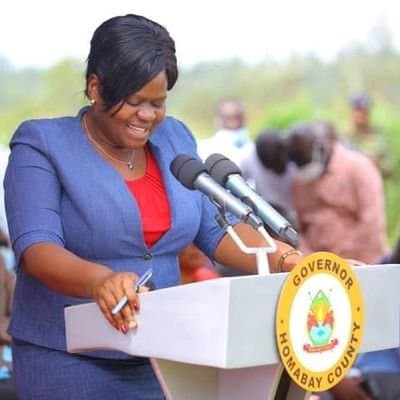
Governor of Homa Bay County
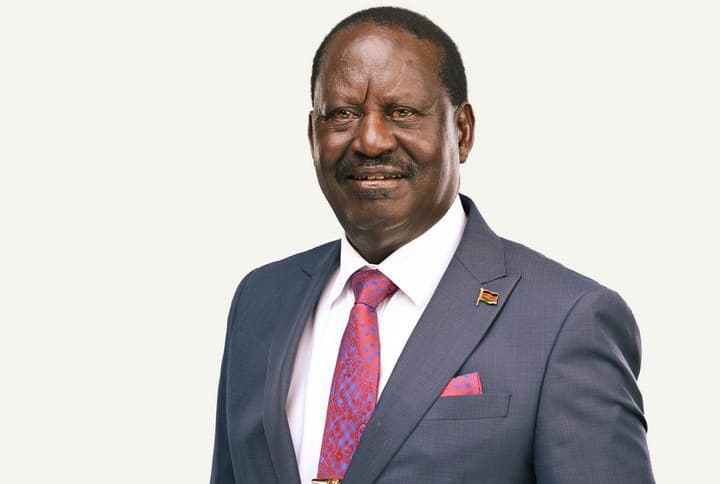
Leader of the Opposition
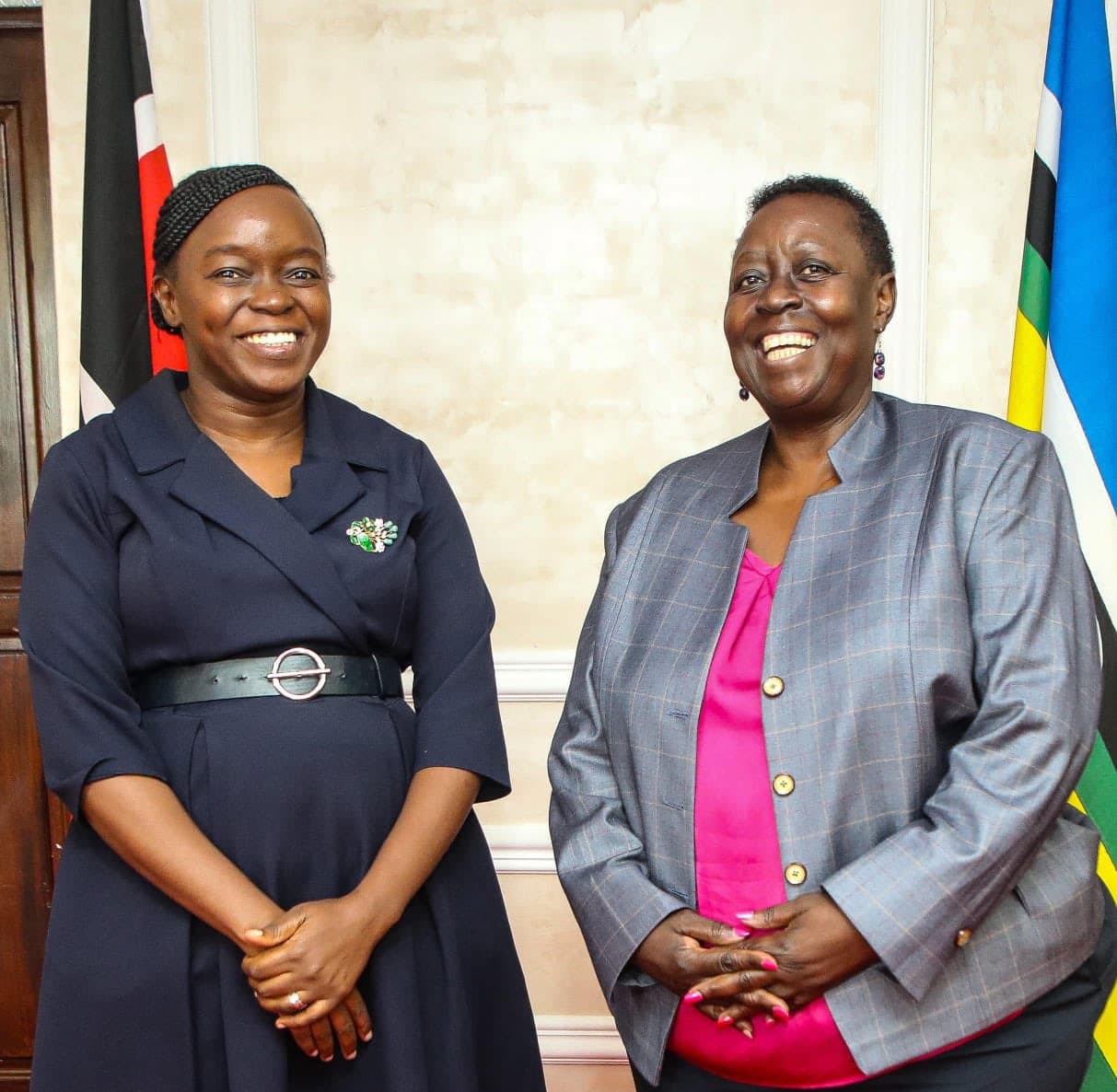
Woman Representative, Kisumu County
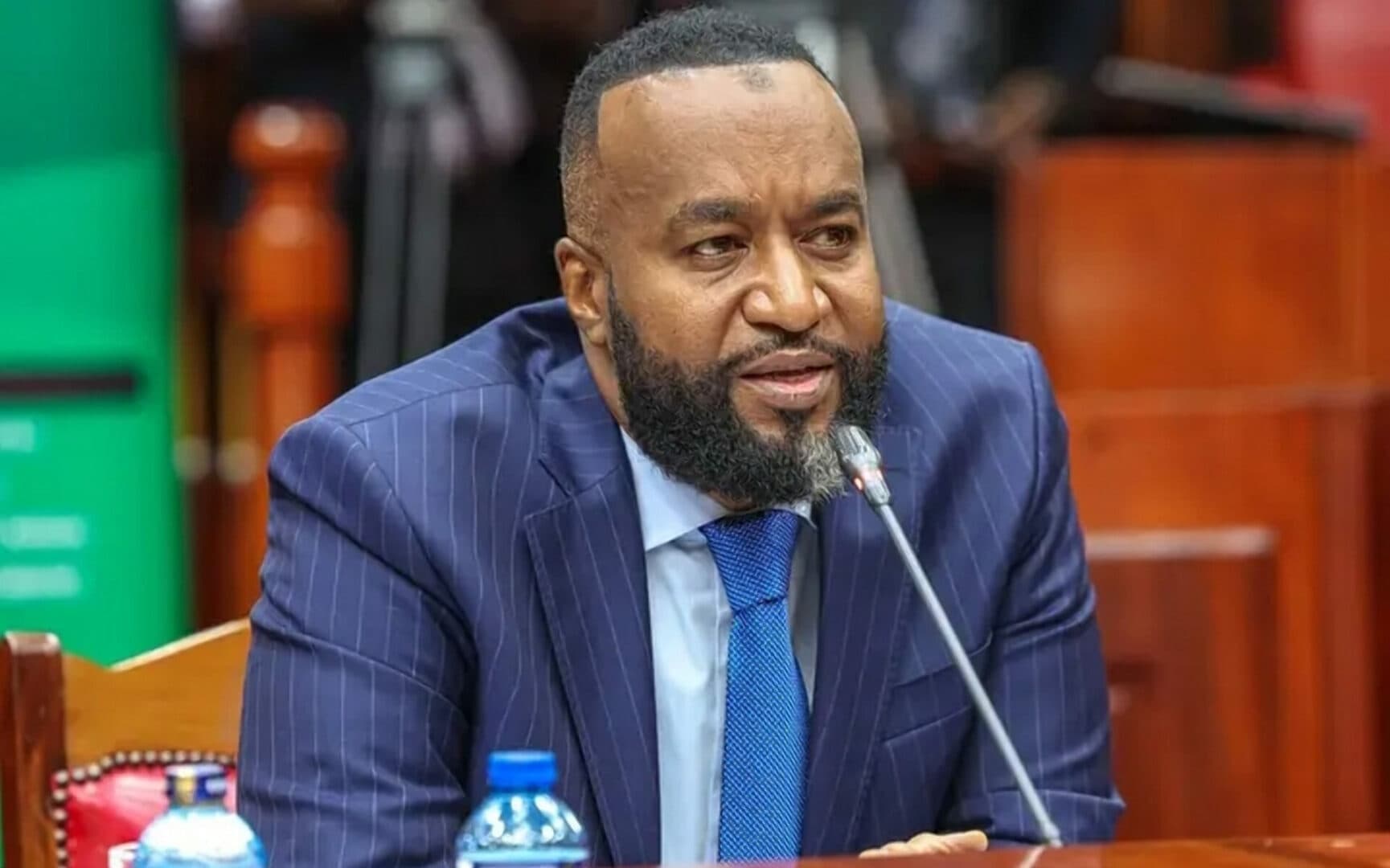
Cabinet Secretary for Mining, Blue Economy and Maritime Affairs
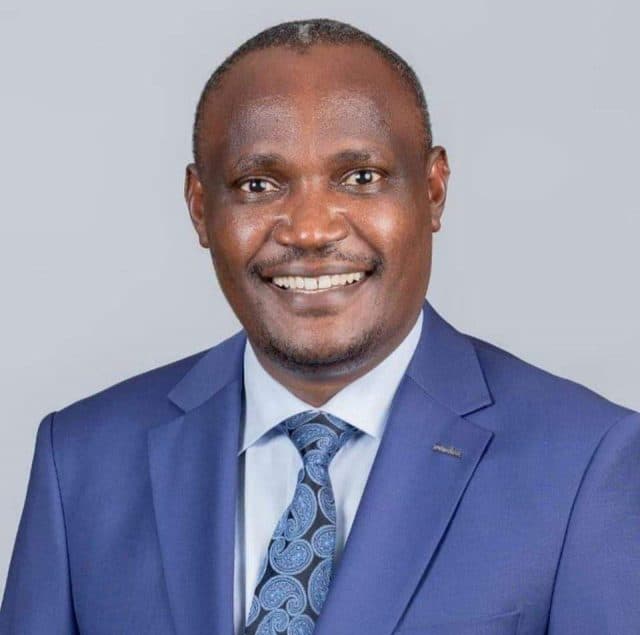
Cabinet Secretary for National Treasury and Economic Planning